[#41] Science, Cognition, and Contemplation: A Book Project
By Piet Hut
After more than forty weekly blog posts, my Lucid Living blog will take a break, to allow me to write a book manuscript, tentatively titled Science, Cognition and Contemplation. It has been a real pleasure, to write several dozen vignettes on topics ranging from science to philosophy to aspects of contemplative traditions. At the same time, I now feel an urge toward more integration.
As I wrote in my very first blog post, the one labeled "[#0]", What all forms of exploration have in common is that they ultimately explore the mind. We learn about the world by questioning, investigating and improving our received belief systems about the world. And we learn about our mind by questioning, investigating and improving our belief systems about the mind.
In the last four centuries, natural science has conducted an amazingly successful systematic exploration of the structure of the material world. And we are now on the brink of entering another, perhaps even longer, period of systematic exploration of the structure of cognition, using the new field of cognitive science, in all its aspects. Rapid advances in areas such as neuroscience and artificial intelligence are opening up vast new vistas concerning information processing in hardware, wetware, and software.
“the transition from “knowing about the world” to “knowing about knowing””
Part of my goal is to sketch the transition from "knowing about the world" to "knowing about knowing", which is what the early twenty-first century is likely to be known for, as long as civilization will last. This in itself is a daunting task, given that we are currently smack in the middle of this transition. But there is a third way of knowing that I feel at least as passionate about. To give it a name, I could call it "knowing beyond knowing".
“an older way, of “knowing beyond knowing””
What I am referring to is contemplation, a way of knowing that has been present for as long as we have had written history, and probably far longer than that. Other terms that are sometimes used are non-duality, non-conceptual knowing, as well as many religious terms that take on particular meanings in specific traditions.
So here are the three topics I will try to bring in touch with each other, in my book: the oldest one, at least a few millennia old, contemplation or knowing beyond knowing; a modern one, only a few centuries old, natural science or knowing about the world; and the latest kid on the block, cognitive science or knowing about knowing.
“What are the relationships between these three ways of knowing?”
What is the relationship between these three ways of knowing? The latest two are defined in terms of each other: all we know about the world is what we find in our cognition, whereas we only seem to encounter cognition within the world (with a few footnotes, in terms of an analogy with magnetic monopoles; and the cognitive status of first-person perspectives).
It is much more difficult to talk about the relationship of either knowledge of the world or knowledge of the mind, on the one hand, and this mysterious "knowledge beyond knowledge", on the other hand. Yet until a few centuries ago, just about any great civilization has focused a significant fraction of its resources in exactly this historically first way of knowing.
It doesn't help that this first way claims to go beyond the use of stories, including the story of there being a past, present and future.
“As long as we know . . .”
In other words, the first way of knowing claims not to be a way.
Yet, in writing a book, we can't avoid telling stories about ways of knowing. As long as we know . . .
Stay tuned!
Piet Hut is President of YHouse (where this blog is hosted), Professor of Astrophysics and Head of the Program in Interdisciplinary Studies at the Institute for Advanced Study in Princeton, and a Principal Investigator and Councilor of the Earth-Life Science Institute in the Tokyo Institute of Technology.

![[#41] Science, Cognition, and Contemplation: A Book Project](https://images.squarespace-cdn.com/content/v1/585711b3ebbd1a051da20b4d/1524300868538-D530VH5XQRLYQ8KA3M3L/Biblioteca_Gambalunga_%28Rimini%29-4.jpg)